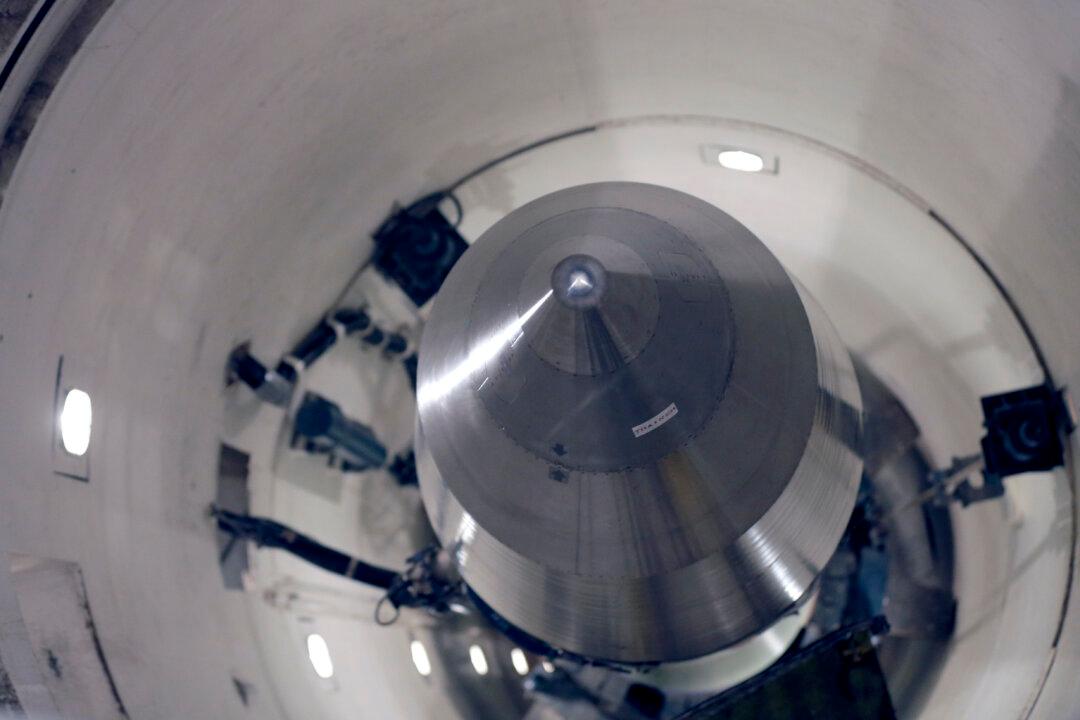A senior U.S. official has called on China and Russia to align with the United States’ declaration that only humans, not artificial intelligence (AI), will have control over the use of nuclear weapons.
State Department arms control official Paul Dean said that Washington has made “a very clear and strong commitment” that the decision to deploy nuclear weapons “would only be made by a human being.”





